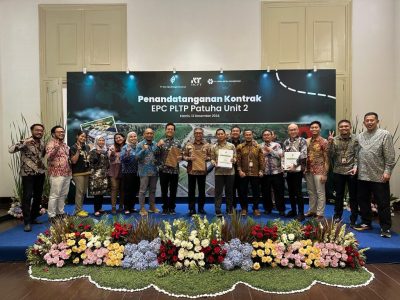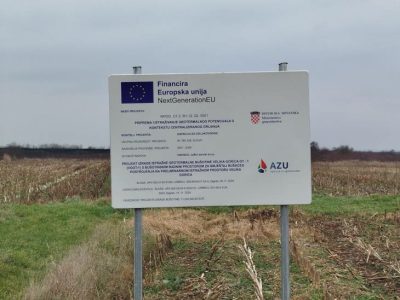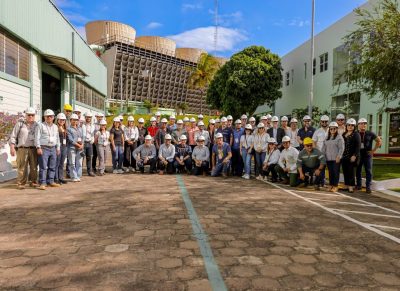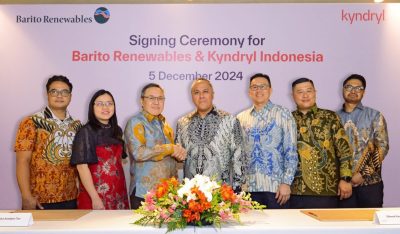Financing geothermal projects in challenging times
This new Islandsbanki Geothermal Research document, "Geothermal Financing in challenging times" , written by ThinkGeoEnergy, looks into the affect the U.S. stimulus legislation is most likely to have on industry development.
In a recent document, that I wrote on behalf of Íslandsbanki, I look into the current financial climate and how it affects geothermal financing.
As the financial sector collapsed world wide last fall, the environment for financing renewable energy projects has changed. The availability of tax equity has mostly vanished, and finanncing geothermal projects has become extremely difficult. With the hope that the new stimulus legislation in the U.S., will improve the investment climate for projects, the document looks into the actual affect the U.S. stimulus legislation is most likely to have on industry development.
The key issues discussed in the document:
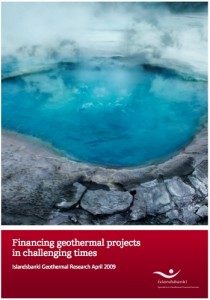
- Decrease in oil prices can be seen as temporary and with no large implication for geothermal development efforts.
- Current financial situation serious: the tax equity market has dried up, limited availability of debt financing and limited investor interest in early-stage projects, with a slightly better situation for close-to-operation projects.
- Stimulus legislation very positive: extension of production tax credit (PTC), availability of investment tax credit (ITC), and possibility of cash grants of up to 30% of development cost. New capital structures are available with different models for investors, who can now benefit despite not having a taxable income.
- Production tax credits are still a more valuable option for geothermal developers, despite possibilities for ITC and cash grants, but cash grants could help lower financing cost for developers. Loan guarantees are likely to decrease the cost of financing and stimulate much-needed availability of funds.
- Department of Energy, Research & Development allocations: this will have a very positive impact in development of EGS, but it will have to go hand in hand with advancements of lower heat technology and efficiency efforts for current technologies.
For the full report, click here (link to the document on Islandsbanki’s website will be provided later)
Disclaimer: Please refer to the full disclaimer attached to the document. The document is not to be seen as any investment advice nor the solicitation of services by Islandsbanki in the United States or Canada.



